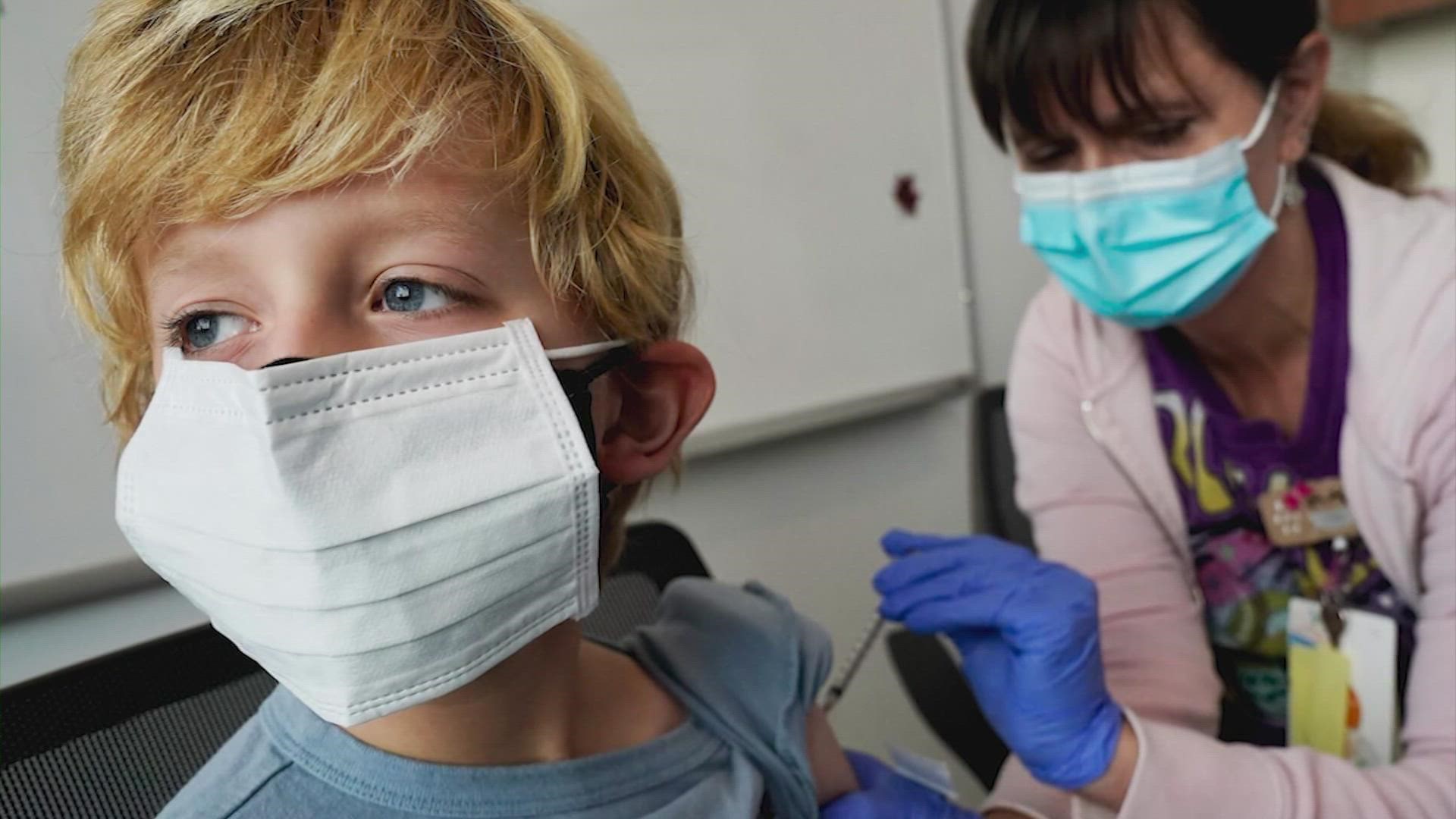Why do younger kids get a lower dose of the COVID-19 vaccine than adults?
It actually doesn’t have to do with size or weight but the maturity of your immune system. According to an immunologist at West Virginia University, just like learning to walk and talk, your immune system has to learn how to do its job. That's why when they do clinical trials they test different doses on different age groups to see how well it does with immune systems at various stages of development.
In the beginning, most of your immune protection comes from your mom. She passes her antibodies to you from breast milk and the placenta. When babies start to get vaccines their immune system starts making antibodies of their own. Babies will also create antibodies as they are exposed to more viruses naturally.
But according to the immunologist, vaccines are the safer way for an immune system to create antibodies. It's like putting a baby gate in front of stairs when a baby is learning to walk.
And just like walking and talking, a child’s immune system is better at learning different skills at different times. Almost like the child itself, an immune system can be forgetful or not listen when it is taught certain viral lessons. That is why there is a vaccine schedule for children.
For the COVID-19 Pfizer vaccine, researchers found the immune system in kids ages five to 11 was able to remember and produce antibodies against coronavirus with one-third the dose adults get.

